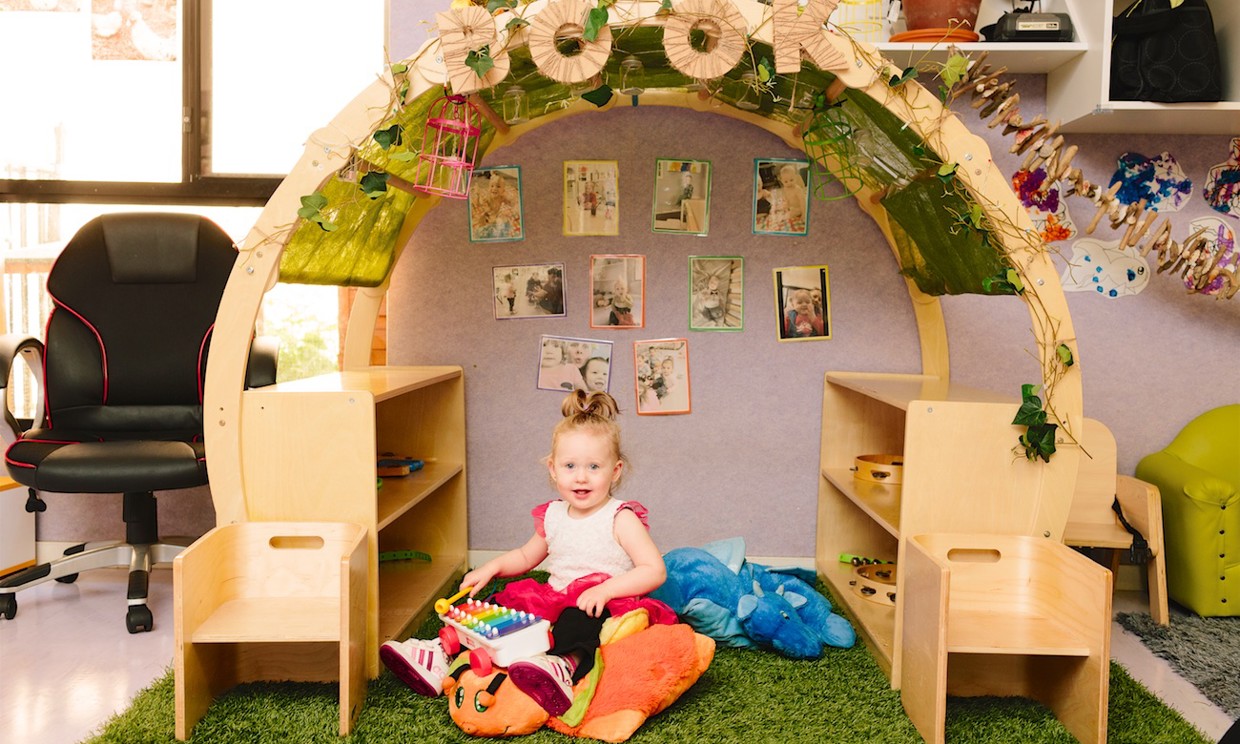Children learn to express themselves is through pretend play — also known as socio-dramatic play.
What is pretend play?
When children express themselves through pretend play, they use language and storytelling skills to create a shared pretend scenario. Multiple themes merge and new ideas, players, toys, and materials are incorporated into the play without interrupting its flow. Children coordinate and integrate many roles, often switching roles to extend the play. Children stay engaged in the play for extended periods of time and develop the play narrative over several days.
Why is pretend play important for children’s development?
Pretend play builds strong oral communication skills, negotiation skills, confidence, and the ability to make friends, be persistent, and be creative in completing tasks and solving problems. This type of play also promotes excitement and awareness about learning.
Pretend play helps expand children’s understanding that others have beliefs, desires, and intentions that are different from their own. This style of play also contributes to early literacy.
How does pretend play help build literacy skills?
By using and creating literacy materials in their pretend play — such as shopping lists, menus, and signs — children begin to understand what reading is and how it works.


